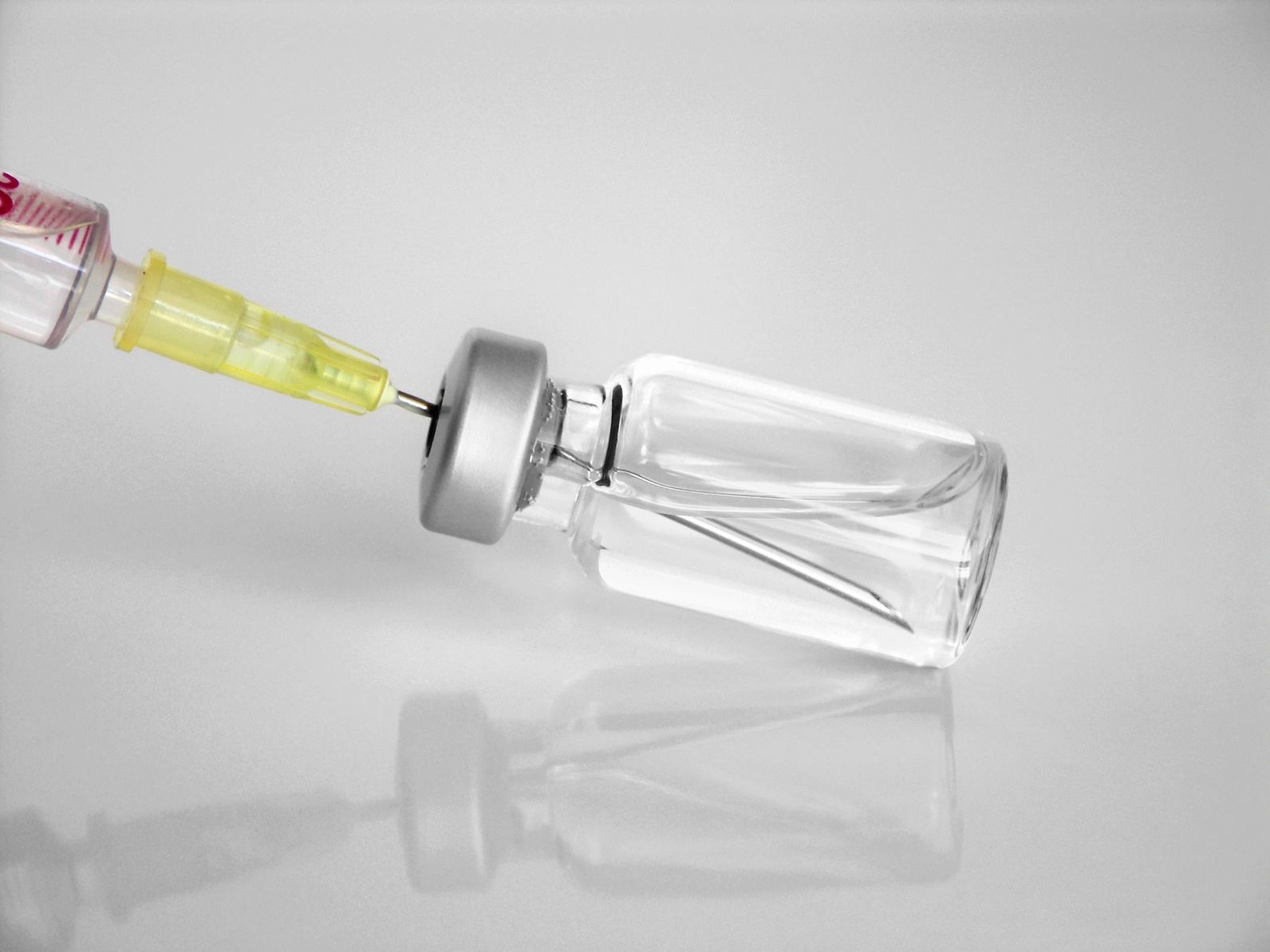
Surveillance updates
Seasonal influenza surveillance begins in October and ends in April. It is important to stay up to date on local influenza activity.
Vaccine
Both influenza A components of this season’s vaccine are different from last season. Both B components are unchanged.
CDC recommends influenza vaccine for everyone over age 6 months for whom the vaccine is not contraindicated. It is best to vaccinate as soon as vaccine is available, prior to influenza activity in the community. Give influenza vaccine throughout the season. Never miss an opportunity to vaccinate.
Various vaccine products are available for different age indications. Make sure to give each patient the correct product.
Reporting
Our surveillance relies on your reporting. Call us at the reporting line to report:
- Lab-confirmed influenza death—within 3 days.
- Suspected novel influenza virus—immediately.
- Outbreak of influenza-like illness or lab-confirmed influenza in an institution (e.g., long-term care facility)—immediately.
Diagnosis
Rapid influenza testing can be useful for clinical decision-making. However, sensitivity is low (50-70%). Interpret test results based on patient symptoms and influenza activity in the community.
- False-positive (true-negative) results are more likely when activity is low—generally at the beginning and end of the season.
- False-negative (true-positive) results are more likely when activity is high—generally at the height of the season.
Those at high risk for influenza complications:
- Children under age 5 (especially those under age 2).
- People age 65 and older.
- Pregnant people.
- People with diabetes, asthma, heart disease, morbid obesity or other chronic health conditions.
When influenza is circulating, treat patients with influenza symptoms with antiviral medication, regardless of rapid test results.
Treatment
Early antiviral treatment can shorten symptom duration and may reduce the risk of complications (e.g., otitis media, pneumonia, respiratory failure).
Early treatment of hospitalized patients can reduce death. It has also been shown to shorten the duration of children’s hospitalization.
Antiviral medication works best when given within 48 hours of onset. For more information, see CDC’s antivirals summary for clinicians.
